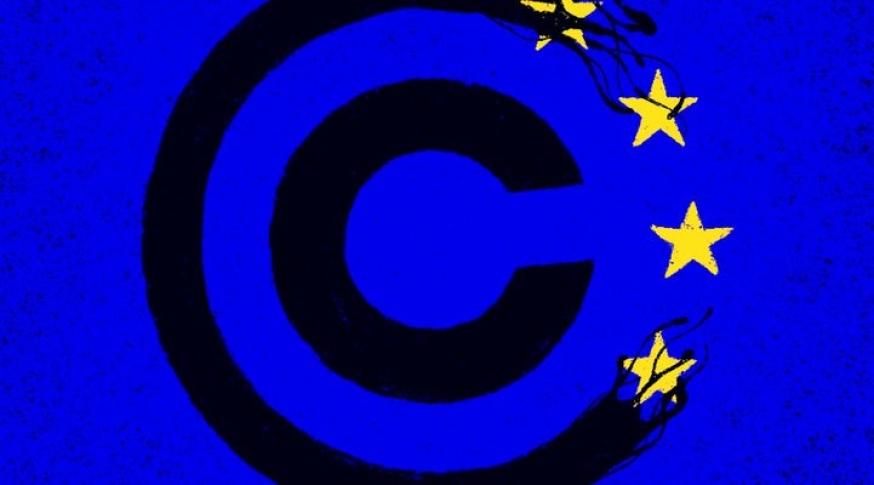
3 December, 2018.
Dear <<First Name>> <<Last Name>>,
The Proposal for the Directive on Copyright in the Digital Single Market has been analysed and criticised by many human rights and digital rights organisations. We point to Article 13 as one of the most problematic parts of the proposed Directive. In the last few months, there have been some positive developments regarding Article 13, but it is still not in line with Article 11 of the Charter of Fundamental Rights. Certain safeguards are needed to avoid excessive and unnecessary restrictions on citizens’ fundamental rights.
Some of the latest amendments proposed by the European Parliament would better protect human rights than the original Commission proposal and some other amendments put forward in the European Parliament. In particular, the requirement for human review in complaints mechanisms (Article 13, 2b) and the alternative dispute resolution procedure (Amendment Article 13 a) are both improvements on the level of protection for freedom of expression and freedom of information provided by the original proposal.
Safeguards required to ensure Article 13 complies with the Charter of Fundamental Rights
We urge the participants of the trialogue process to ensure that the Directive complies with the legal obligations set out in the Charter of Fundamental Rights.
a) Transparency
Platforms control all information available on the internet and they are empowered to rank and take down content at their discretion. These platforms serve “the internet” as we know it now. Internet platforms are able to make decisions about freedom of expression with no transparency or accountability and the proposed Directive does not change that. In cases where content is blocked or taken down, it is critical that they properly justify their decisions; decisions that should be subject to proper redress mechanisms to ensure free speech and freedom of information. Besides providing an alternative dispute resolution, the EU could provide, for free, legal mechanisms across the EU to settle disputes between users, copyright holders and internet platforms.
b) Avoid automated filtering and blocking of content
We call on EU decision makers to avoid introducing a mandatory monitoring obligation. Automated filtering software is notoriously inaccurate and is likely to catch lawful materials that do not breach copyright and that are essential for societal and political debate and comment, such as parody or quotation. Finally, a general obligation to monitor everything a user uploads to the internet is likely to cause a chilling effect on free speech, as users will be more likely to self-censor any content that could risk triggering (inaccurate) filtering software.
c) Sanctions
Article 13 covers changing the liability regime. The upshot of this is that platforms will be sanctioned if they let copyrighted content through their system without a licensing agreement. The proposed solution would create an incentive for platforms to be overly cautious and take down anything that presents even the slightest risk of legal exposure for the company. On the other hand, it is important to ensure that there are legal repercussions that disincentivise platforms from removing content that does not violate copyright. The EU should create a rebalancing incentive. It is important that both rights holders and platforms are liable for deleting lawful, user-generated content under the guise of copyright protection. This responsibility will positively change the attitude of the platforms and will also more effectively protect user content.
We, the undersigned organisations, ask you to create a sensible new model for copyright that fairly remunerates authors and implements these safeguards to protect free speech, data protection and the right to privacy.
Civil Liberties Union for Europe (Liberties)
Associação D3 - Defesa dos Direitos Digitais
Association for Progressive Communications (APC)
ANSOL - Associação Nacional para o Software Livre
APADOR-CH Romania
Bangladesh NGOs Network for Radio and Communication (BNNRC)
BlueLink Foundation
Bulgarian Helsinki Committee
Center for Democracy and Technology (CDT)
COMMUNIA
Electronic Frontier Foundation
Frënn vun der Ënn
Miklos Haraszti, former OSCE Representative on Freedom of the Media
Hungarian Civil Liberties Union
Index on Censorship
Kennisland
Platform for the Defence of Freedom of Information
Rights International Spain (RIS)
South East European Network for Professionalization of Media (SEENPM)
Spanish Internet Users Asociation
The Human Rights League – Belgium
XNet